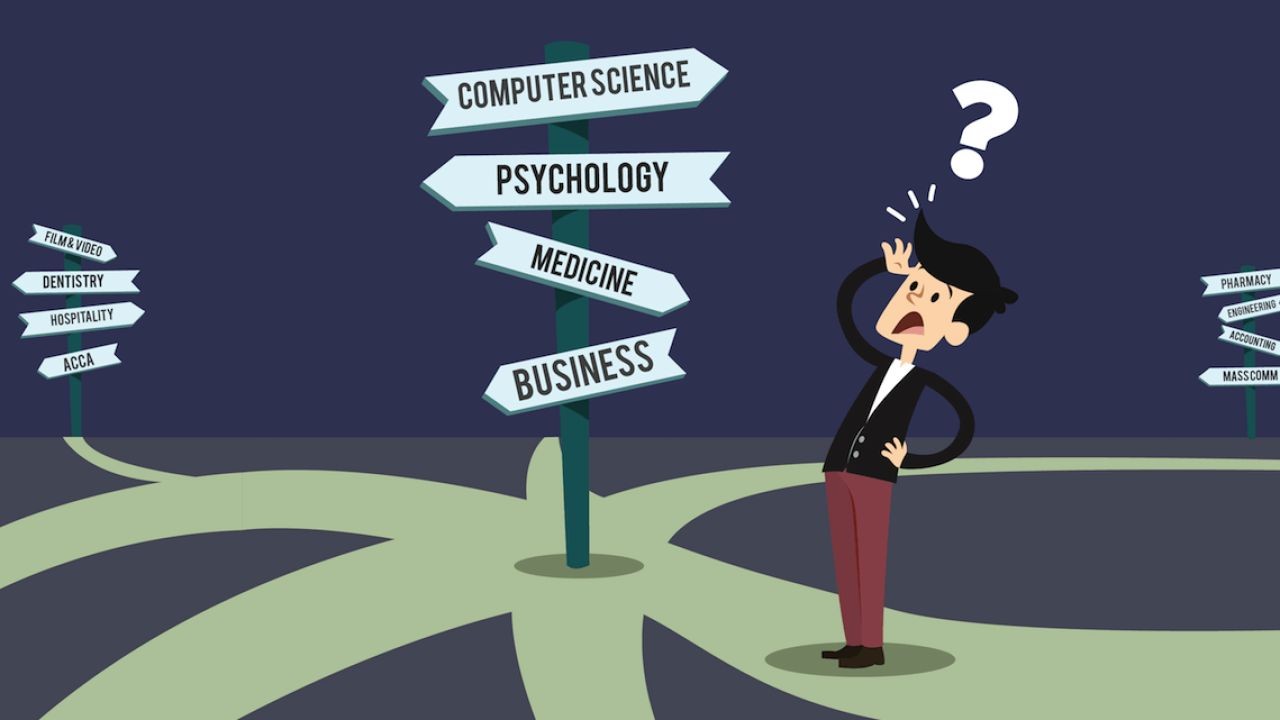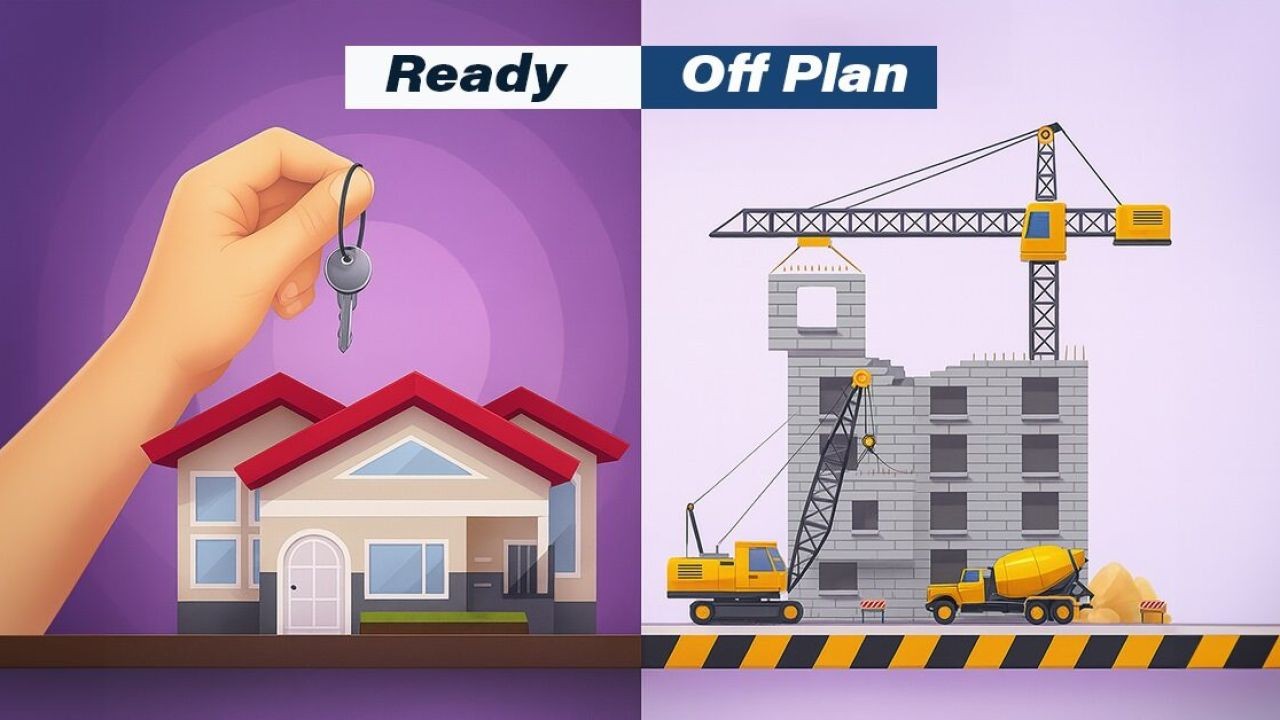New Zealand's mental health system can be a complex labyrinth for those unfamiliar with its intricacies. Navigating this system for the first time might seem daunting, but understanding its structure and the resources available can transform a potentially overwhelming experience into a manageable one. With mental health issues affecting one in five New Zealanders annually, according to the Ministry of Health, the importance of accessing timely and appropriate care cannot be overstated. This article offers a comprehensive guide to help you or your loved ones navigate New Zealand's mental health landscape effectively.
Understanding New Zealand's Mental Health System
New Zealand's mental health system is primarily publicly funded and managed by District Health Boards (DHBs). However, the system also includes a significant private sector and numerous non-governmental organizations (NGOs) providing specialized services. Knowing where to start is crucial, as the first point of contact often determines the trajectory of care.
Public vs. Private Healthcare
Public healthcare in New Zealand offers extensive mental health services, including inpatient and outpatient care. Accessing these services usually begins with a visit to a General Practitioner (GP), who can provide initial assessments and referrals to specialized services if necessary. While public services are comprehensive, they often face challenges like long waiting times due to high demand.
In contrast, private healthcare providers can offer quicker access to services, though at a cost. Private services often include therapy sessions, psychiatric consultations, and specialized treatment programs. Understanding the balance between public and private options can help streamline the path to appropriate care.
First Steps: Accessing Mental Health Services
Initiating contact with mental health services typically begins with a visit to your GP. They are equipped to conduct preliminary assessments and determine whether a referral to specialized services is necessary. GPs can also prescribe medications if deemed appropriate and can play a pivotal role in ongoing care management.
Case Study: Navigating the System with a GP
Problem: Sarah, a 28-year-old from Auckland, began experiencing severe anxiety affecting her daily life. Unsure of where to start, she visited her GP.
Action: Her GP conducted an initial assessment and referred her to a local mental health service for further evaluation. Meanwhile, Sarah was prescribed medication to help manage her symptoms.
Result: Within three months, Sarah was receiving regular therapy sessions through a DHB and reported a significant reduction in her anxiety symptoms.
Takeaway: The role of a GP is crucial in the initial stages of seeking mental health care. They act as gatekeepers to more specialized services and can help guide patients through the system.
The Role of Non-Governmental Organizations (NGOs)
NGOs in New Zealand play a critical role in complementing the services provided by DHBs. They often specialize in specific areas of mental health, such as crisis intervention, suicide prevention, and youth mental health. Organizations like Lifeline Aotearoa and Youthline provide essential support services, including helplines and community programs.
Case Study: Support from NGOs
Problem: Mark, a 19-year-old from Wellington, struggled with depression and felt isolated.
Action: He reached out to Youthline, where he received counseling and was connected to a peer-support group.
Result: The support from Youthline helped Mark develop coping strategies and build a support network, significantly improving his mental health.
Takeaway: NGOs offer valuable resources that can provide immediate and ongoing support, especially when public services are overwhelmed.
Challenges and Solutions in the Mental Health System
While New Zealand's mental health system provides a wide array of services, it is not without challenges. Issues such as long waiting times, limited availability of specialized services in rural areas, and funding constraints can hinder access to care.
Case Study: Overcoming Barriers
Problem: Jane, from a small town in Otago, faced a six-month wait for specialized mental health services.
Action: Jane's GP referred her to a telehealth service, allowing her to receive therapy via video calls.
Result: This approach provided Jane with timely access to care without the need for extensive travel.
Takeaway: Telehealth services can bridge the gap in areas where access to in-person services is limited.
Understanding the Economic Impact
The mental health sector significantly impacts New Zealand's economy. According to a report by the Mental Health and Addiction Inquiry, the economic cost of mental illness is around NZD 12 billion per year, including healthcare costs and lost productivity. Investing in mental health services not only improves individual well-being but also bolsters the economy by enhancing workforce participation and reducing healthcare expenditures.
Common Myths and Mistakes
- Myth: Mental illness is rare. Reality: One in five New Zealanders experience a mental health issue each year (Source: Ministry of Health).
- Myth: Only severe cases require professional help. Reality: Early intervention can prevent more severe issues, improving long-term outcomes.
- Myth: Medication is the only solution. Reality: A combination of therapy, medication, and lifestyle changes often yields the best results.
Future Trends in Mental Health Care
The future of mental health care in New Zealand is poised for transformation with the integration of technology and innovative practices. Telehealth services are expected to expand, providing greater access to care, particularly in rural areas. Furthermore, increased government funding and policy reforms aim to enhance service delivery and reduce wait times.
According to a 2023 report by the Ministry of Business, Innovation, and Employment, digital health technologies are projected to grow by 15% annually, indicating a shift towards more accessible and efficient mental health services.
Conclusion
Navigating New Zealand's mental health system may initially seem challenging, but understanding the available resources and services can ease the process. Whether seeking help through public services, private providers, or NGOs, the key is to start with a visit to your GP, who can guide you through the initial steps. As the system evolves, staying informed about new developments and leveraging technology can further enhance access to care.
Are you ready to take the first step towards better mental health? Reach out to your GP or contact an NGO for support today. Share your experiences and insights in the comments below!
People Also Ask
- How does the mental health system impact New Zealand's economy?
Mental health issues cost New Zealand approximately NZD 12 billion annually, affecting productivity and healthcare expenses (Source: Mental Health and Addiction Inquiry).
- What are the biggest misconceptions about mental health care in New Zealand?
Many believe that mental illness is rare, but one in five Kiwis experiences it annually (Source: Ministry of Health).
- What upcoming changes in New Zealand could affect mental health care?
By 2026, policy reforms and increased funding aim to reduce wait times and enhance service delivery (Source: Ministry of Health).
Related Search Queries
- New Zealand mental health services
- How to access mental health care in NZ
- Public vs. private mental health care NZ
- NGO mental health support in New Zealand
- Mental health policy changes in NZ































